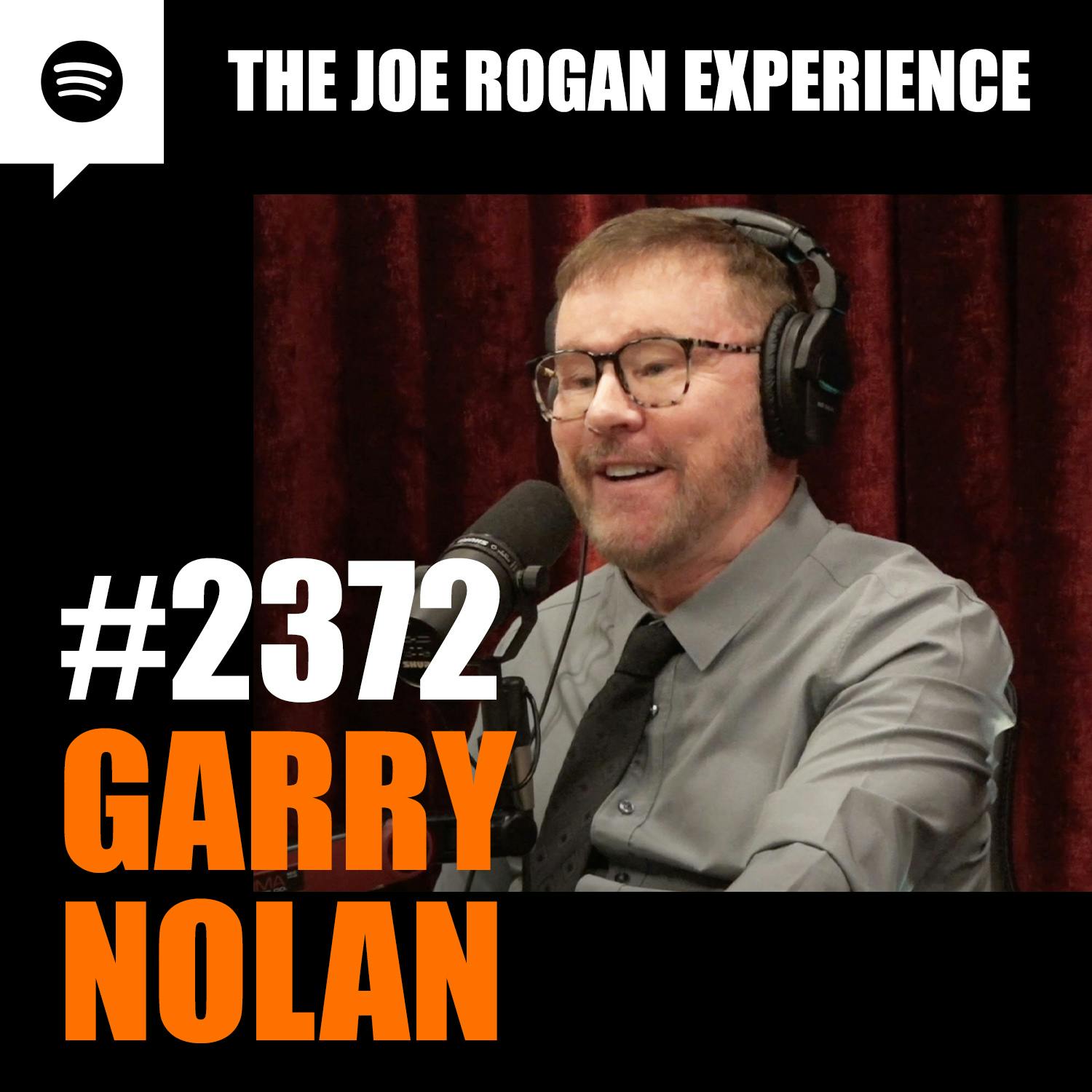
🤖 AI Summary
Overview
This episode dives deep into the groundbreaking work of Garry Nolan, a Stanford immunologist and entrepreneur, exploring topics ranging from cancer research and AI in science to UAP (unidentified anomalous phenomena) studies. The conversation spans cutting-edge medical advancements, the mysteries of UAPs, and the ethical and societal implications of emerging technologies.
Notable Quotes
- Technology gives evolution the excuse to no longer make or allow for you to be robust.
- Garry Nolan, on how technological advancements shape biological evolution.
- If you can trick your immune system into getting ahead of the game, then that’s a good thing. The question is, is the benefit to the larger statistical population worth it?
- Garry Nolan, on the cost-benefit analysis of medical interventions.
- AI will enable us to move towards a post-scarcity environment.
- Garry Nolan, on the transformative potential of artificial intelligence.
🧬 Cancer Research and Immunology
- Garry Nolan explains how his lab focuses on the immune system’s interaction with cancer, particularly how tumors
trick
the immune system into ignoring them or even aiding their growth. - He highlights the groundbreaking work of Jim Allison, whose research on immune system
turn-off
signals revolutionized cancer immunotherapy, increasing survival rates for diseases like melanoma. - Nolan shares his personal experience with genetic mutations that predispose him to melanoma and kidney cancer, emphasizing the importance of early detection and personalized medicine.
- He discusses the potential of gene therapy and CRISPR to address genetic vulnerabilities, envisioning a future where topical treatments could correct mutations.
🤖 Artificial Intelligence in Science
- Nolan’s lab uses AI to analyze vast datasets, accelerating discoveries in immunology and cancer research. He describes AI as a
scientist in a box
capable of generating hypotheses and suggesting experiments. - He emphasizes the role of AI in making sense of the
data deluge
in modern science, enabling faster and more accurate insights. - The conversation touches on the broader societal implications of AI, including its potential to create a post-scarcity society and its role in governance. Nolan envisions AI as a future
colleague
and even a potential governing entity.
🛸 UAPs and Advanced Materials
- Nolan recounts his involvement in UAP research, including the analysis of materials allegedly linked to UFO sightings. He describes unusual isotopic ratios in magnesium and silicon samples that suggest advanced engineering.
- He discusses the challenges of studying UAP-related phenomena, including the stigma in academia and the difficulty of verifying anecdotal evidence.
- The conversation explores the potential technological and societal implications of UAPs, including the possibility of reverse-engineering advanced materials.
- Nolan advocates for a balanced approach to disclosure, suggesting public-private partnerships to explore the commercial and scientific potential of UAP-related technologies.
🌌 Theories on UAP Origins and Human Evolution
- Nolan speculates on the origins of UAPs, suggesting they could represent advanced civilizations, interdimensional entities, or even breakaway human civilizations.
- He draws parallels between the evolution of humans and potential evolutionary paths of other intelligent beings, noting how technology could lead to physical frailty and reliance on automation.
- The discussion touches on the possibility of UAPs being probes or intermediaries rather than direct representatives of their creators.
🧪 Ethics, Disclosure, and the Future of Science
- Nolan emphasizes the importance of rigorous, transparent scientific methods in controversial fields like UAP research. He critiques the sensationalism often associated with such studies.
- He highlights the need for ethical considerations in emerging technologies, including AI and gene editing, and their potential societal impact.
- The conversation concludes with a discussion on the role of scientists in fostering open-minded inquiry while maintaining rigorous standards. Nolan advocates for creating environments where unconventional ideas can be explored without fear of ridicule.
AI-generated content may not be accurate or complete and should not be relied upon as a sole source of truth.
📋 Episode Description
Garry Nolan, PhD, is an immunologist and professor at Stanford University School of Medicine. He is also a business executive and Executive Director of the Board of the Sol Foundation, a research and advocacy center focused on UAP studies.
Hunt with confidence using onX Hunt. Start your free trial today at: https://huntsmarter.smart.link/srwbpznr2
This video is sponsored by BetterHelp. Visit https://BetterHelp.com/JRE
Learn more about your ad choices. Visit podcastchoices.com/adchoices
